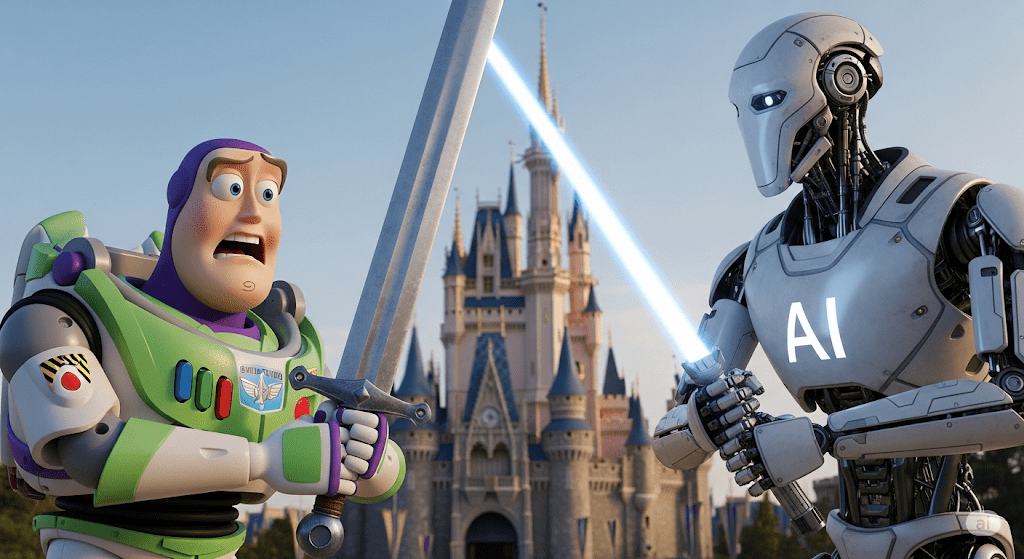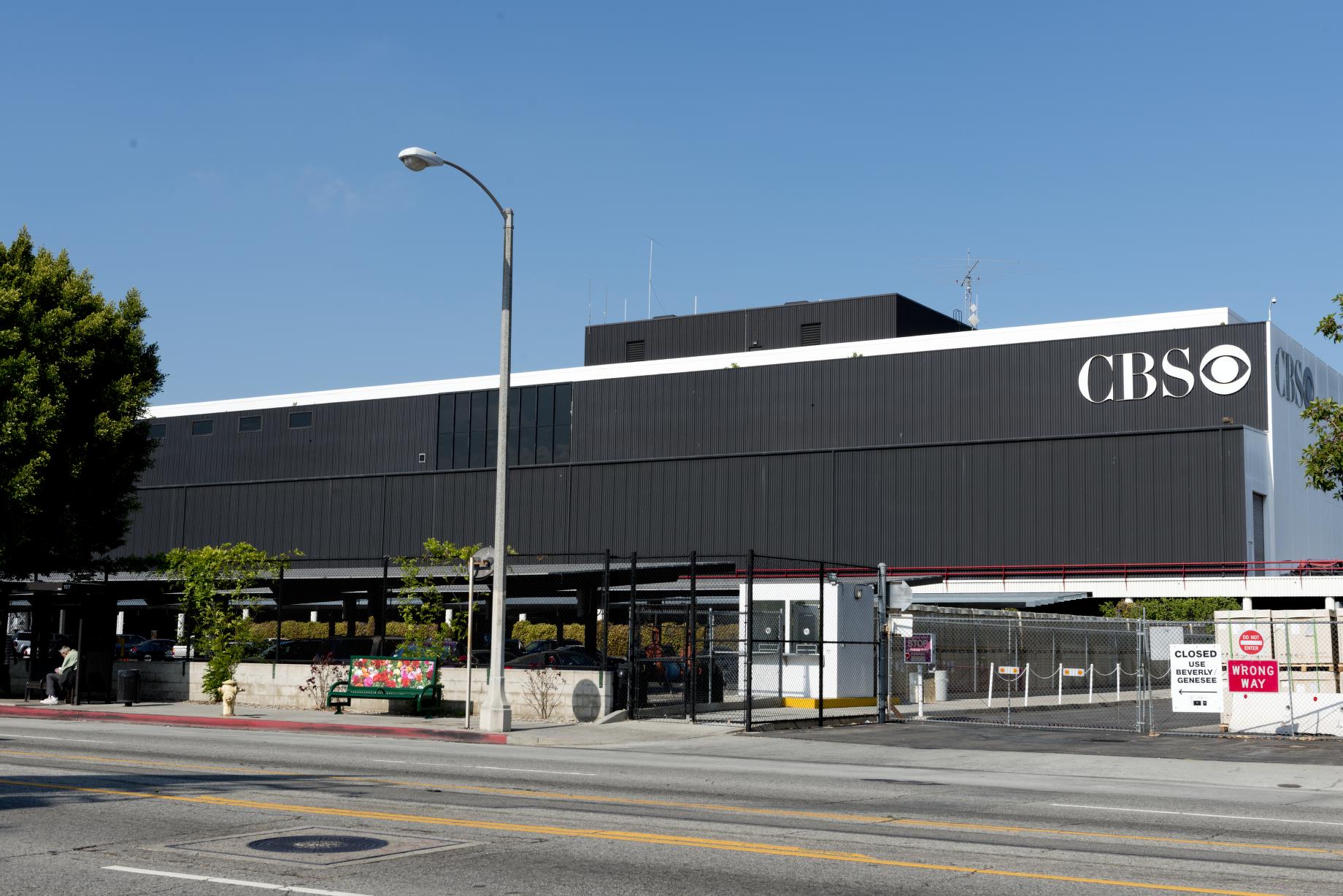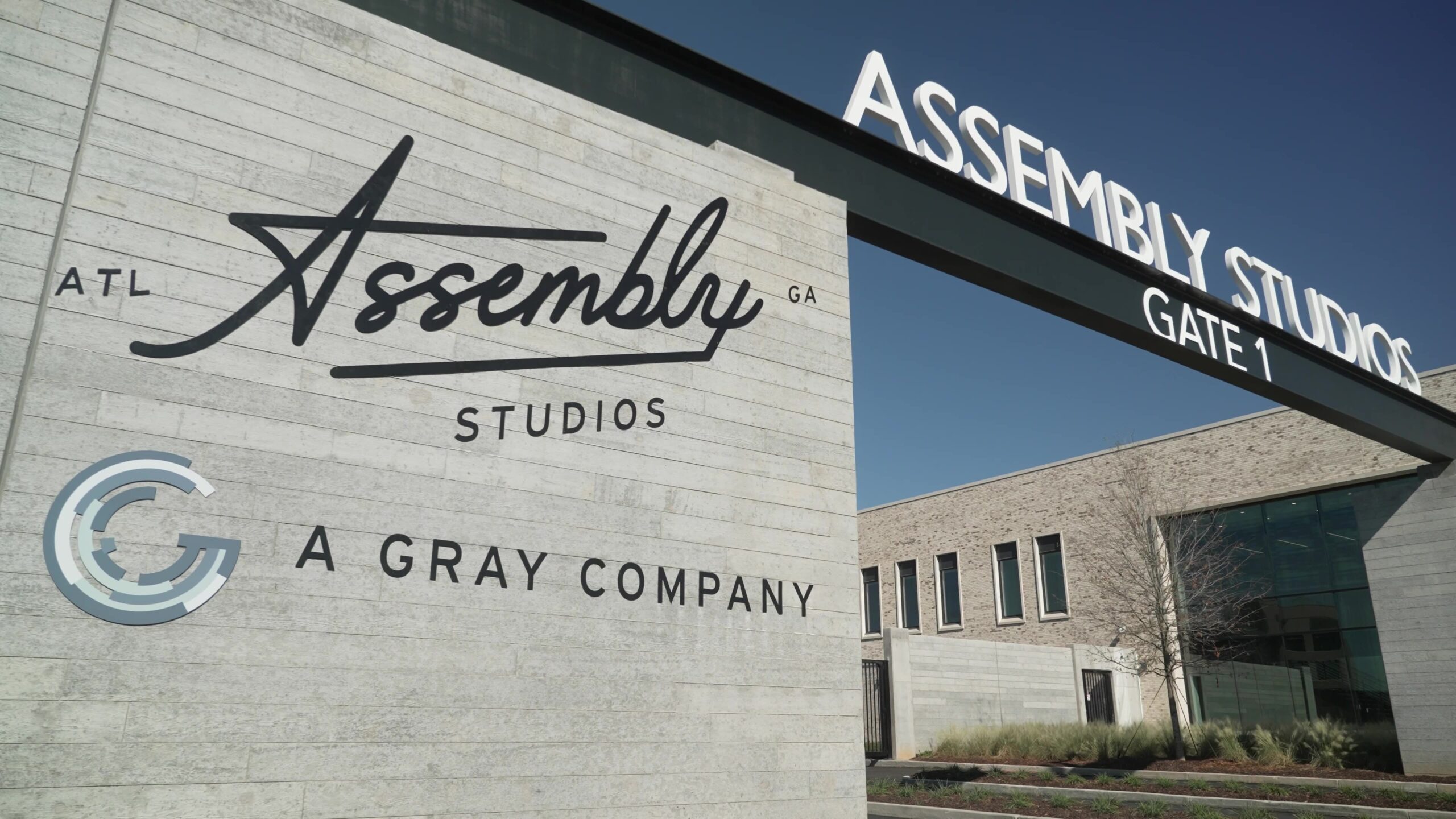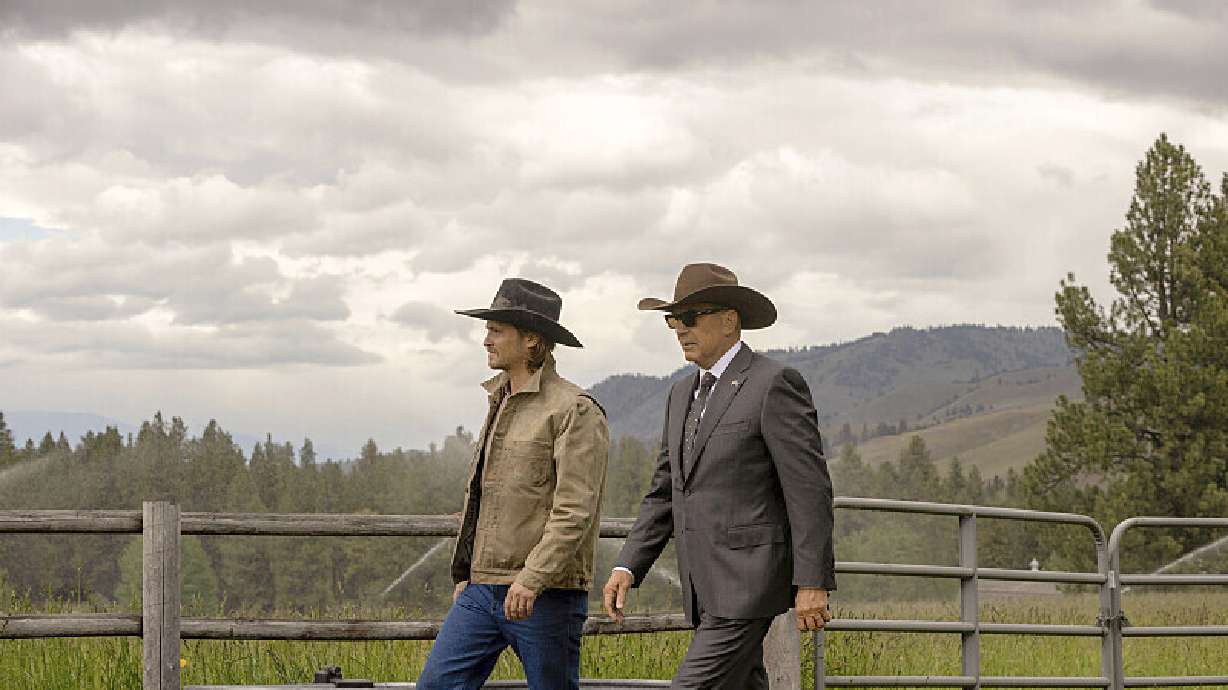
- June 16, 2025
Studios Strike Back: Disney and Universal Sue Midjourney in Battle for Hollywood’s Future
Facebook
Twitter
LinkedIn
Threads
Email
Latest Blogs
Related News
- June 18, 2025
As lawmakers weigh a $750 million expansion to California’s tax credit program, insiders argue the clock is running out on the state’s production future. On June 11, a cross-section of Hollywood creat...
- June 18, 2025
The longest-operating film studio in Los Angeles is now for sale—offering not just a rare slice of industry real estate, but a stark test of the current demand for production space in Hollywood’s post...
- June 17, 2025
In response to a dramatic slowdown in scripted television production across Los Angeles, major soundstage owner Hackman Capital Partners is taking a bold new direction — opening facilities to social m...
- June 16, 2025
In a significant move that further cements Georgia’s status as a film and television production powerhouse, the Georgia Film Academy (GFA) has announced a new partnership with Assembly Studios that wi...
- June 16, 2025
High-volume drama, rapid production, and local filming set the series apart
As streaming giants recalibrate for a post-peak TV era, Max’s The Pitt has quietly established itself as a prototype for a ...
- June 16, 2025
Paramount’s ‘Y: Marshals’ Leads $57M Production Wave in the Beehive State
A wave of fresh productions is heading to Utah, as the state doubles down on its film incentive strategy. Among the newly app...
- June 16, 2025
In the middle of the U.K.'s surging production boom, one company has quietly become indispensable to some of the world’s biggest blockbusters. Clear Angle Studios, a global leader in 3D capture and ph...
- June 15, 2025
Walmart has officially thrown its hat into the virtual production ring with the launch of its new state-of-the-art TV studio—complete with a 32-foot curved LED wall—located at the heart of its newly o...
- June 15, 2025
Sydney’s screen sector is gearing up for a major expansion—and it’s not happening in the city’s glitzy east.
Plans for a $127 million film and television production complex in Oran Park, located in Sy...
- June 12, 2025
From tentpole blockbusters to fast-turnaround streaming hits, the Universal Costume House remains one of the industry’s premier destinations for wardrobe and styling. With facilities in both Los Angel...















